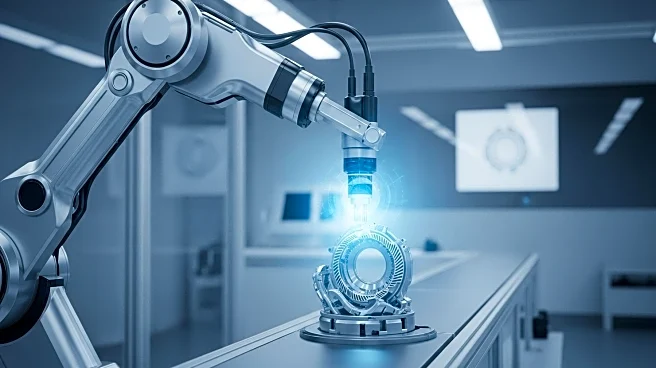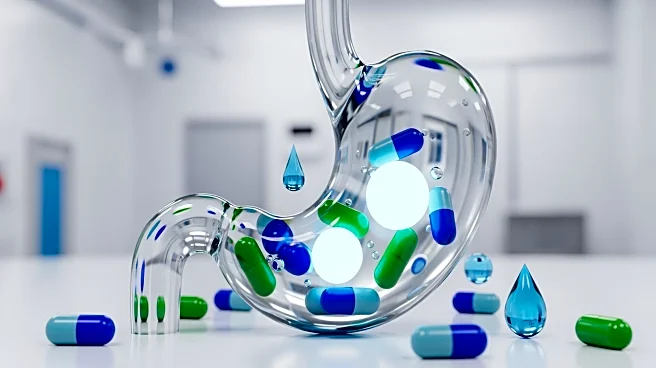What is the story about?
What's Happening?
Manufacturers are facing significant changes in quality management due to the integration of AI, evolving regulatory frameworks, and digital transformation. The focus is shifting from compliance to future-proofing quality processes. Manufacturers are building systems that predict issues rather than react, integrating seamlessly with production systems. They are preparing for regulatory changes by implementing robust data integrity controls and hybrid inspection models. The upcoming ISO 9001 revision and changes from the FDA and EMA are influencing industry standards, prompting manufacturers to adapt proactively.
Why It's Important?
The transformation in quality management is crucial for manufacturers to remain competitive and compliant in a rapidly changing environment. By adopting AI and modern systems, manufacturers can enhance operational efficiency and compliance effectiveness. This shift allows quality teams to focus on strategic tasks, improving innovation cycles without compromising standards. The proactive approach to regulatory changes ensures manufacturers can adapt to new requirements, maintaining excellence as standard practice. This evolution in quality management could redefine industry norms, influencing global manufacturing practices.
What's Next?
Manufacturers are expected to continue investing in AI and modern infrastructure to support quality management. As regulatory frameworks evolve, companies will need to ensure their systems are flexible enough to accommodate changes. The Ideagen digital summit on October 21st will explore these topics further, providing insights into future trends and strategies. Manufacturers who embrace these changes now will likely lead their industries, setting benchmarks for quality management and innovation.
Beyond the Headlines
The integration of AI in quality management raises questions about data security, validation of AI-driven decisions, and maintaining human oversight. Manufacturers must address these concerns to ensure responsible implementation. The shift towards AI-powered systems highlights the need for continuous improvement and adaptation to new technologies, emphasizing the importance of building flexible, future-ready infrastructure.














